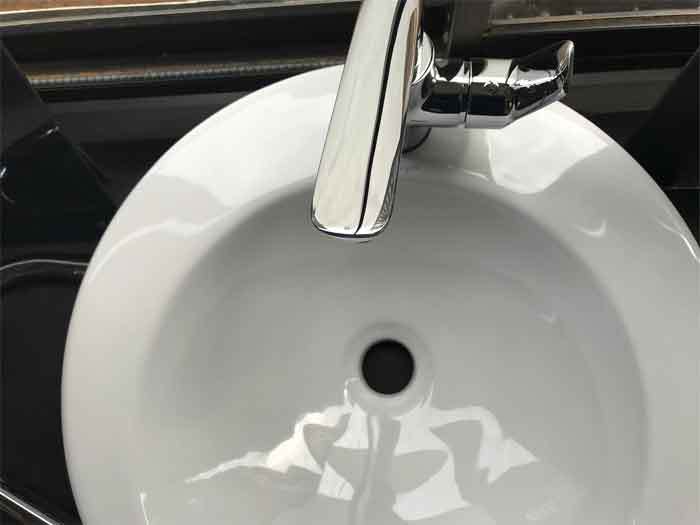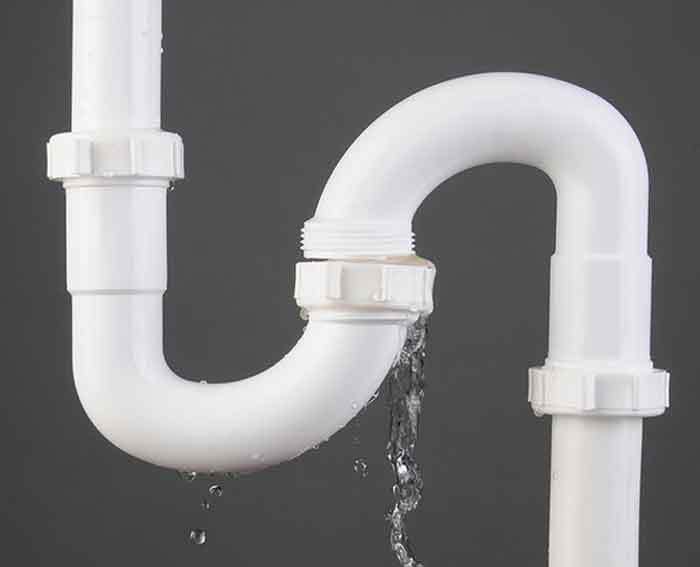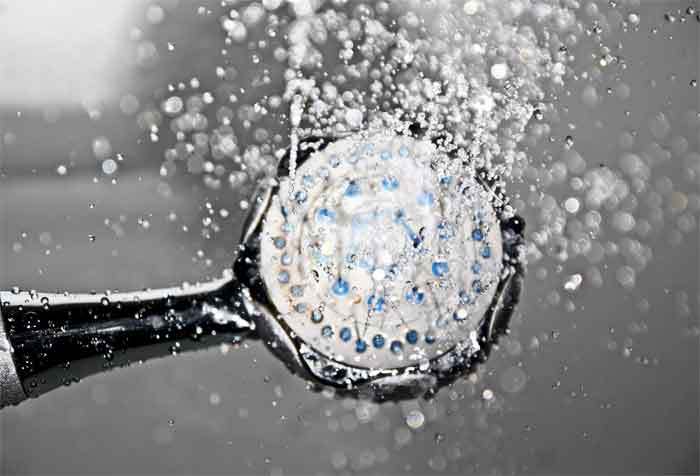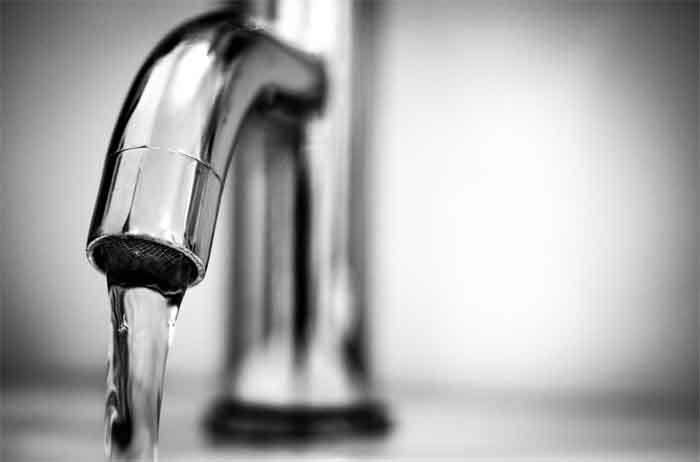Disclaimer: This post may contain affiliate links, meaning we get a small commission if you make a purchase through our links, at no cost to you. For more information, please visit our Disclaimer Page.
When problems with plumbing occur in our households we lose our minds.
As an individual living in the 21st century, you become very dependent on running water inside the house. You cannot imagine your life without it!
Even if your house is brand new, or you take good care of the pipes, faucets, and drains, you have professionals inspect them from time to time, a mishap can still happen.
Sometimes the problem is not with water supply or pressure; it’s with unusual and unexpected sounds that come out of your faucet.
No, your pipes are not haunted. You don't need to call ghostbusters, but rather a plumber!
But firstly, you’ll need to establish whether the taps are maybe vibrating, producing a screeching high-pitched sound or banging or knocking sound. Perhaps only your cold water tap seems to make noise while the hot one is all fine.

What causes the cold water tap to make loud noises?
So, you found out that only the cold water tap makes a loud noise. What in the world does that mean?
The most common causes are:
- Water hammering
- High water pressure
- Faulty and/or scale filled valves
Is it a knocking sound?
There’s a phenomenon called water hammer. And although many consider any loud pipe noises water hammer, this is not true.
Water hammer occurs when the water supply is shut off abruptly. The technical term is hydraulic shock and it happens when the water suddenly changes direction – all the water that was rushing through the pipe is forced to change direction when you turn off the tap.
Before the water can change direction, it crashes into the valve which causes the rattling or knocking sounds.
A valve is a device that regulates the flow of water inside a faucet by opening and closing.

If a water hammer is mild, and you don't experience any leaks, then this problem should be resolved by simply tightening any pipe straps or cushioning the pipes to reduce vibration caused by water flow.
However, if you experience leaks it means the water hammer is more severe. You’ll need to install an air chamber or a water hammer arrestor like this.
An air chamber is a section of the pipe that is filled with air. This chamber serves as a shock absorbent.
A water hammer arrestor is perhaps a better solution because air chambers can become filled with water over time. It reacts to sudden changes in water pressure and it prevents pipes from rattling.
The air chamber is not working?
So, if you already have installed air chambers but they’ve become filled with water there’s an easy way to drain them.
All you need to do is:
- Shut off the main water supply to the house (very important)
- Open the highest faucet in your home (on the second floor perhaps)
- Open the lowest faucet (located usually in the basement or maybe outside)
- Let the water drain out
- Close the lowest faucet
- Turn on the water supply
- Wait for the highest faucet to stop spluttering and then shut it off
In this way, all the trapped water in air chambers is drained and the chambers are refilled with air.

High water pressure
Too high of water pressure can also be the cause of the knocking sound you hear when the cold water is running.
When the pressure is high, water flow inside the pipe is quicker. Therefore, the water bounces and crashes into itself which subsequently shakes the pipe and it is heard as a rattle on the surface.
If you’re unsure about whether the water pressure in your house is too high or not, you can easily check it.
Provided you're using city water, you can ask the local water department to check it for you. Another way would be to purchase a water pressure test gauge.
These can be found on Amazon.com and are relatively cheap.
All you need to do is:
- fasten the gauge to an open water valve,
- turn the water on and
- the gauge will read the pressure immediately
If the reading shows that your pressure is higher than 80 psi (pounds per square inch), you’ll get a pressure reduction valve and get an expert to install it for you.

Faulty valves
Over time, any shut-off valve on any faucet will accumulate minerals which will reduce the water flow.
Especially if you’re living in an area with hard water, this will happen more frequently to you.
This happened to me. The faucet wouldn’t stop making the noise and it weakened the water flow so I replaced the whole thing!
But this didn’t solve anything. The problem was with the valve to the cold water which is under the basin.
The valve was filled with scale and other mineral build-ups. You can try to either clean it with water and white distilled vinegar solution or just buy new ones.
To clean it, mix half a cup of water and half a cup of white vinegar. Soak a clean cloth in the solution and wrap it around the valve.
Leave it on for several hours and rinse it with clean water.
Valve replacement will usually require a visit from the plumber.
Is there any way to prevent these problems?
There isn’t any fool-proof way to prevent the noisy cold water tap. But certainly, the only thing you can do is to have all your plumbing inspected from time to time by a professional.
Even if you do this regularly it doesn’t mean you won’t ever encounter a problem with your cold water tap.
The good thing is all these problems are customarily quite easy to fix.
Conclusion: Cold Water Tap Makes Loud Noise
The first step to solving a problem is to find out what causes it, right?
So, checking the water pressure in your house, and cleaning the shut off valves are usually a good place to start seeing as you can probably do it yourself.
Of course, if you consider yourself a skilled person you can try doing the more complex things yourself!
If not, a good plumber is oftentimes just a phone call away.
